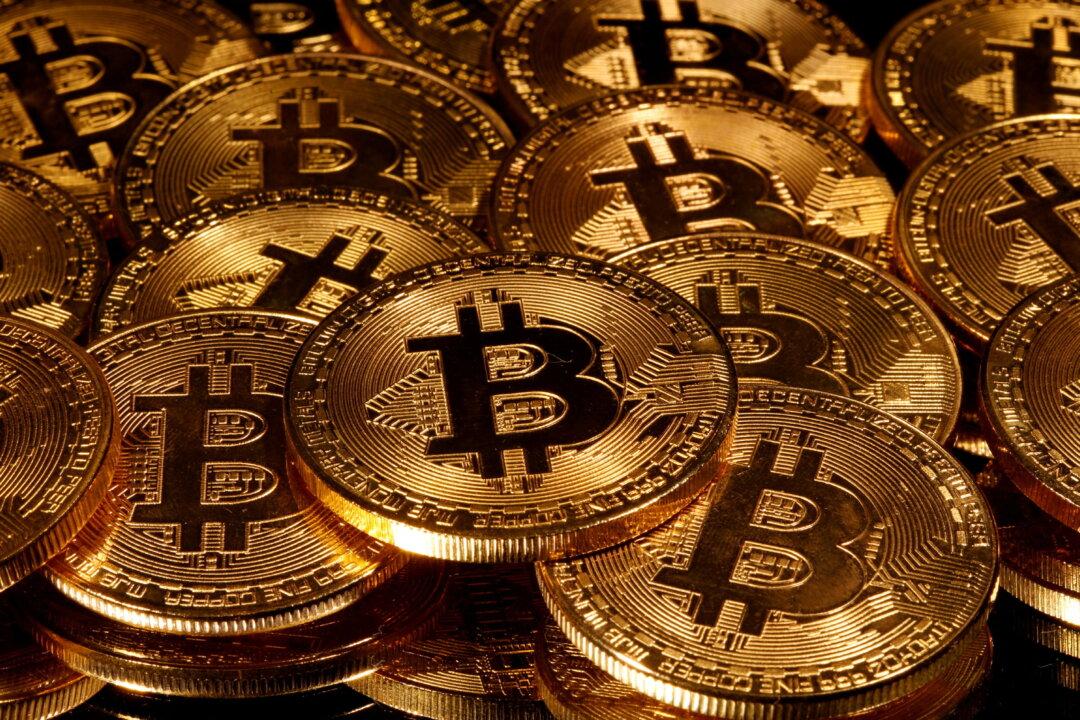Russia is open to being paid for its energy products in gold, local currencies, and even Bitcoin, Pavel Zavalny, head of the energy committee in the lower house of the Russian Legislature, said during a March 24 press conference.
The minister pointed to China and Turkey as “friendly” nations that have not yet applied sanctions on Russia for Moscow’s invasion of Ukraine, the BBC reported. As such, these two nations can be allowed to buy Russian energy supplies in their local currencies.





